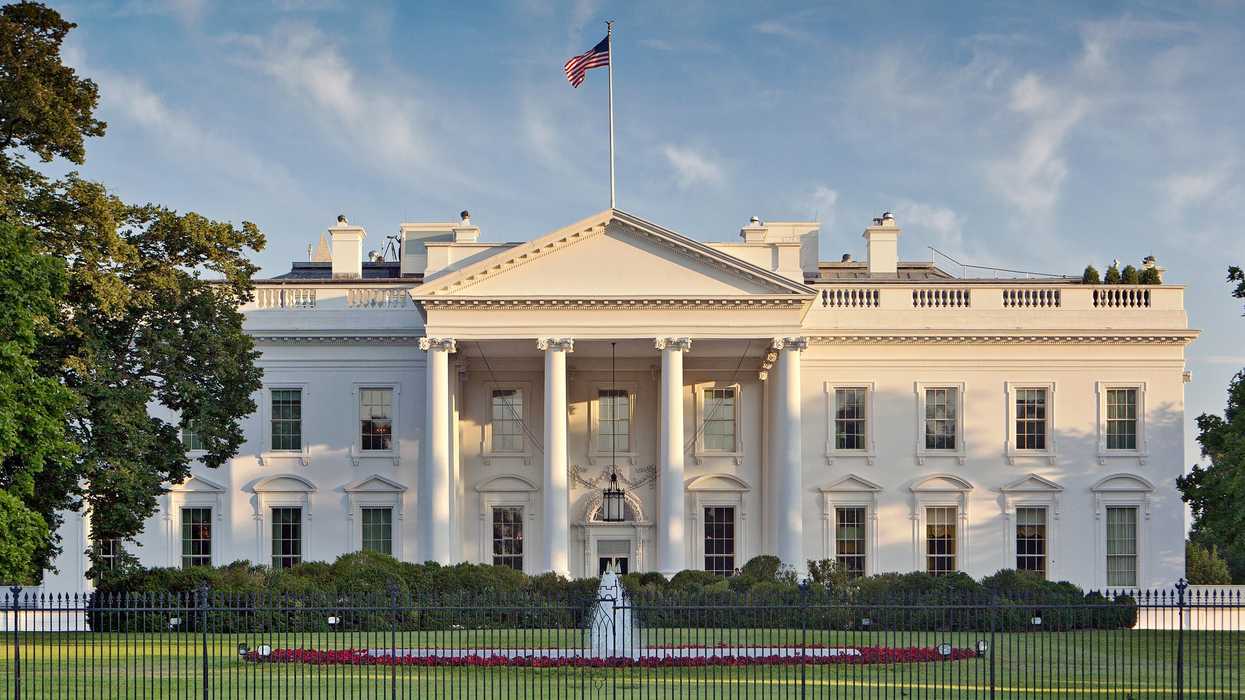This guest post from Eric Bolinder, a professor of law at Liberty University, is based on his recent law review article on the constitutionality of President Trump's tariffs. Before Liberty University, Eric was counsel at Cause of Action Institute, where he helped litigate Loper Bright, the case that overturned Chevron deference, and at Americans for Prosperity Foundation.
On April 2, President Trump announced "Liberation Day"—the imposition of across-the-board tariffs on imports into the United States. Without congressional action, these tariffs are highly vulnerable to legal challenges as they may violate something called the "nondelegation doctrine." Recently, two courts, the Court of International Trade and the U.S. District Court for the District of Columbia, enjoined the tariffs (though both decisions are stayed), finding that the President had no statutory authority to implement them. These courts echoed what I'll discuss below, that if the statute does authorize tariffs, then they may be unconstitutional under the nondelegation doctrine.
First, a quick background. President Trump's basis for the tariffs is the International Emergency Economic Powers Act ("IEEPA"). IEEPA allows the President to "deal with any unusual and extraordinary threat" coming from outside the United States." Upon a declaration of a national emergency, the President can "investigate, regulate, or prohibit"—among many other broad powers—any transactions in which a foreign country or national has an interest. Accordingly, President Trump found that trade deficits and a lack of reciprocity from other nations is an "emergency."
In a recent paper, I analyzed the history of the tariff power in America. Starting with the Boston Tea Party, I found that many of our founders and earliest presidents supported using tariffs for protectionist means or to achieve balanced trade with other nations, just as President Trump seeks now.
But this historical practice revealed a crucial distinction: Congress has, through legislation, always determined, set, and instituted the tariff schedules. Through America's history, Congress has instituted tariff schedules and given the President the ability to turn them on if other nations are behaving badly, or to turn them off. This comports with Article I, Section 8 of the Constitution, which exclusively reserves the tariff power for Congress:
The Congress shall have Power To lay and collect Taxes, Duties, Imposts and Excises (U.S. CONST. art. I, § 8)
With few exceptions, courts have consistently upheld executive use of tariff power so long as the executive is engaging in a classic use of executive authority—finding facts and execution—after Congress engaged in core legislative authority—determining what to tariff and at what rates. The President cannot unilaterally create and design the tariffs himself.
This is a principle known in constitutional law as the "nondelegation doctrine," which means that the Constitution does not permit Congress to give away its legislative authority to other branches. Yes, tariffs necessarily relate to foreign policy and, yes, Congress can delegate some of that authority away—but the tariff power is specific, enumerated power to the Article I branch. It is not something Congress can fully gift away to the Executive.
The "major questions doctrine" is another problem here because IEEPA doesn't explicitly mention a power to impose tariffs: The use of across-the-board tariffs that are having a global impact on the economy are likely a decision of "vast economic and political significance" that can't be made through an ambiguous statute like IEEPA.
There is also an argument that IEEPA is itself unconstitutional. The Supreme Court could find, though unlikely, that if Congress wants the President to exercise some emergency authority, it must at least define what an emergency is, set limits on the authority, and provide checks on when and how long the President can use it.
President Trump's use of IEEPA to implement worldwide tariffs is unlawful because Congress didn't first set specific tariff parameters. If he wants the authority to use tariffs to negotiate reciprocal trade agreements, Congress can lawfully give it to him by codifying detailed tariff schedules, delegating execution authority to the President with measured contours. But, so far, that hasn't happened.
Read Eric's recent paper to go deeper into this analysis.
Trump’s Tariffs Are Unlawful: How the “Nondelegation Doctrine” Limits Congress was originally published by GovTrack.us and is republished with permission.




















